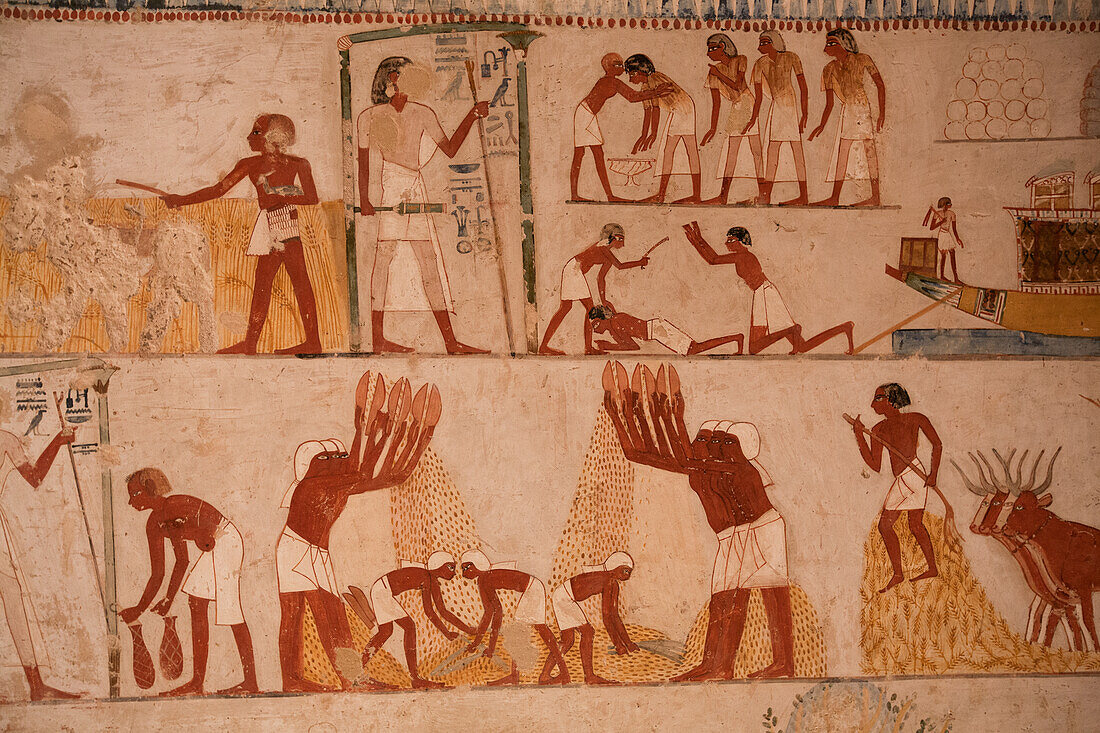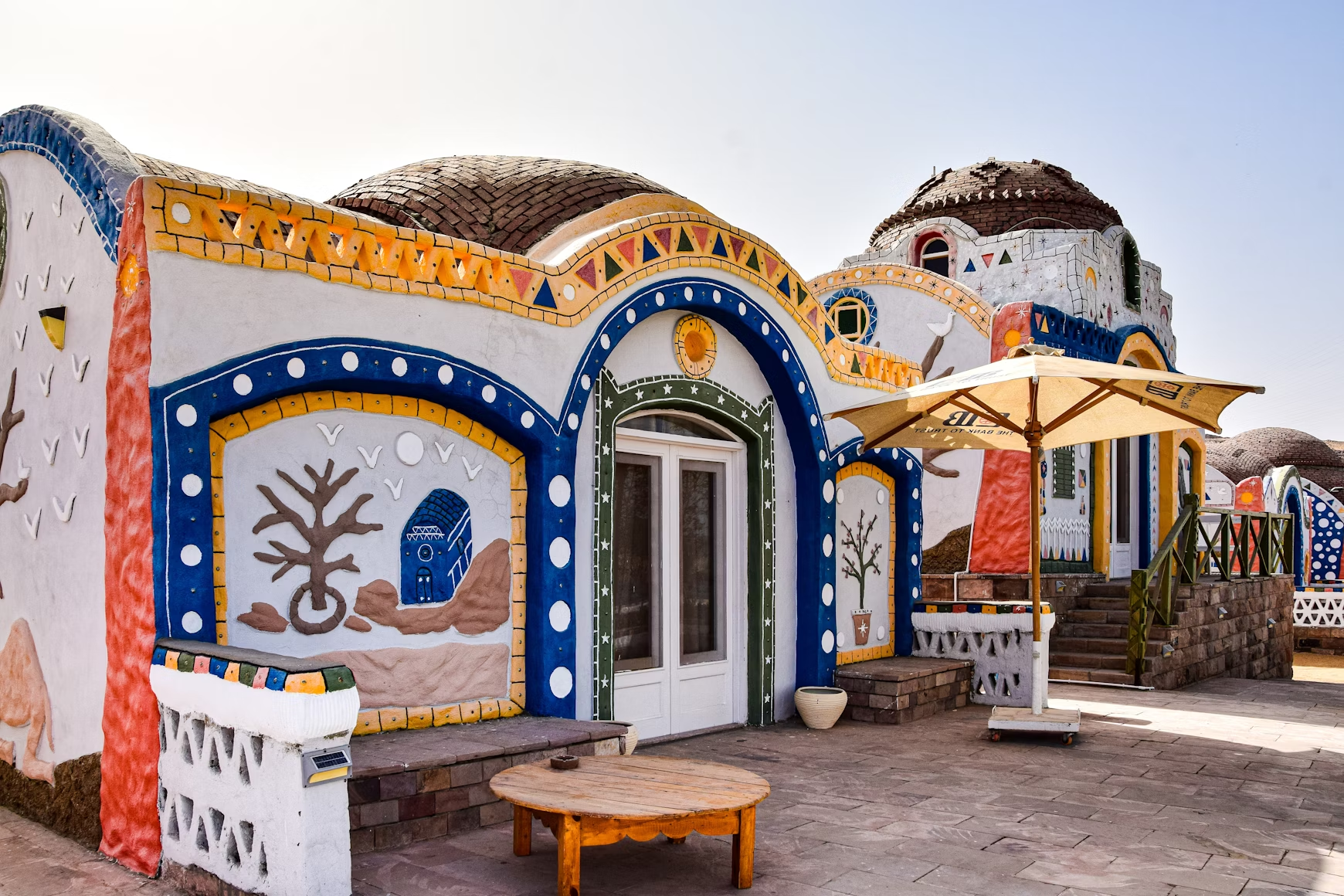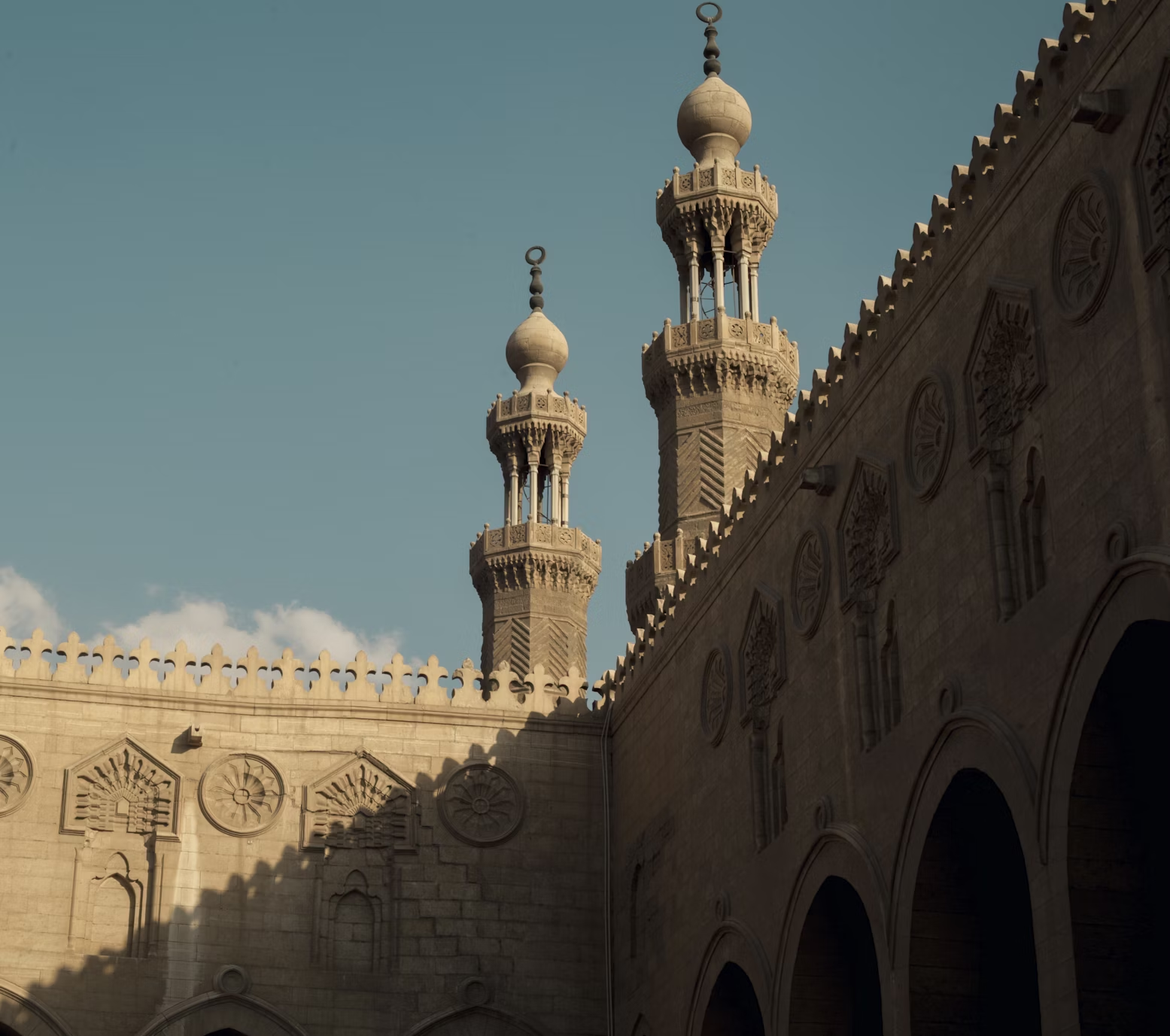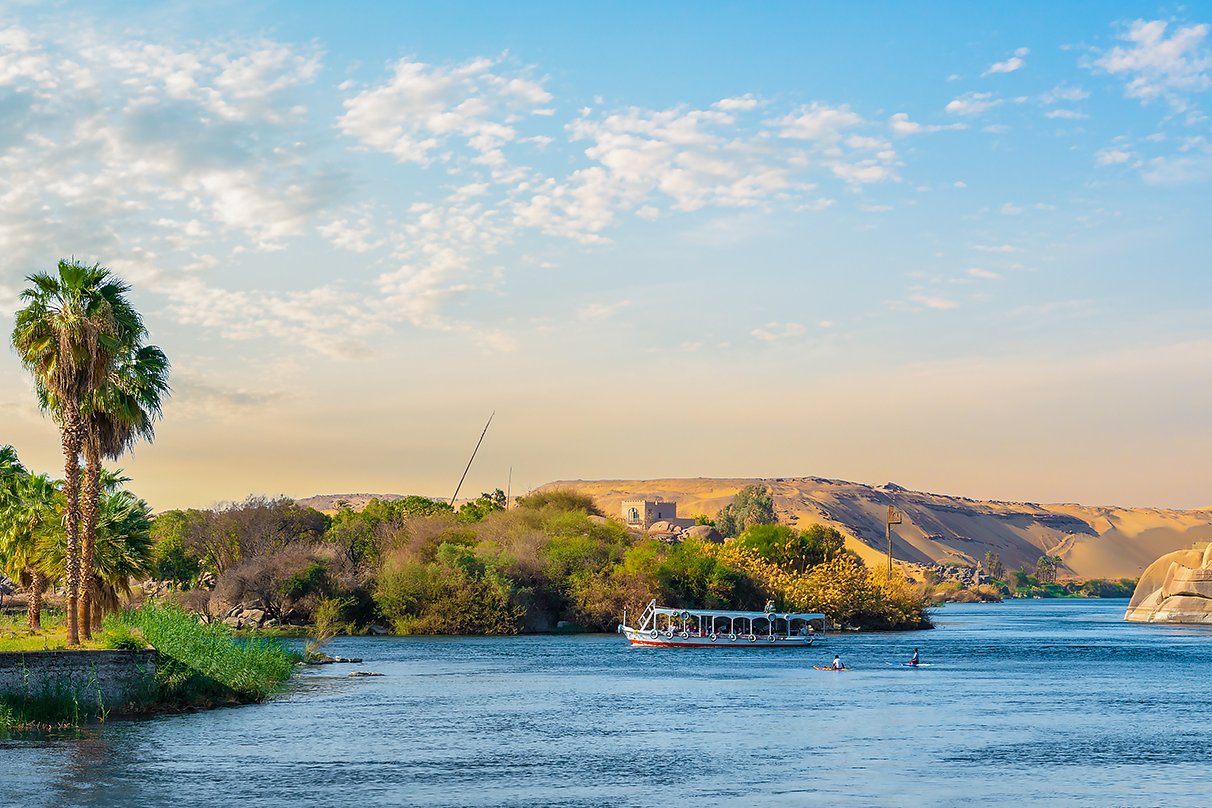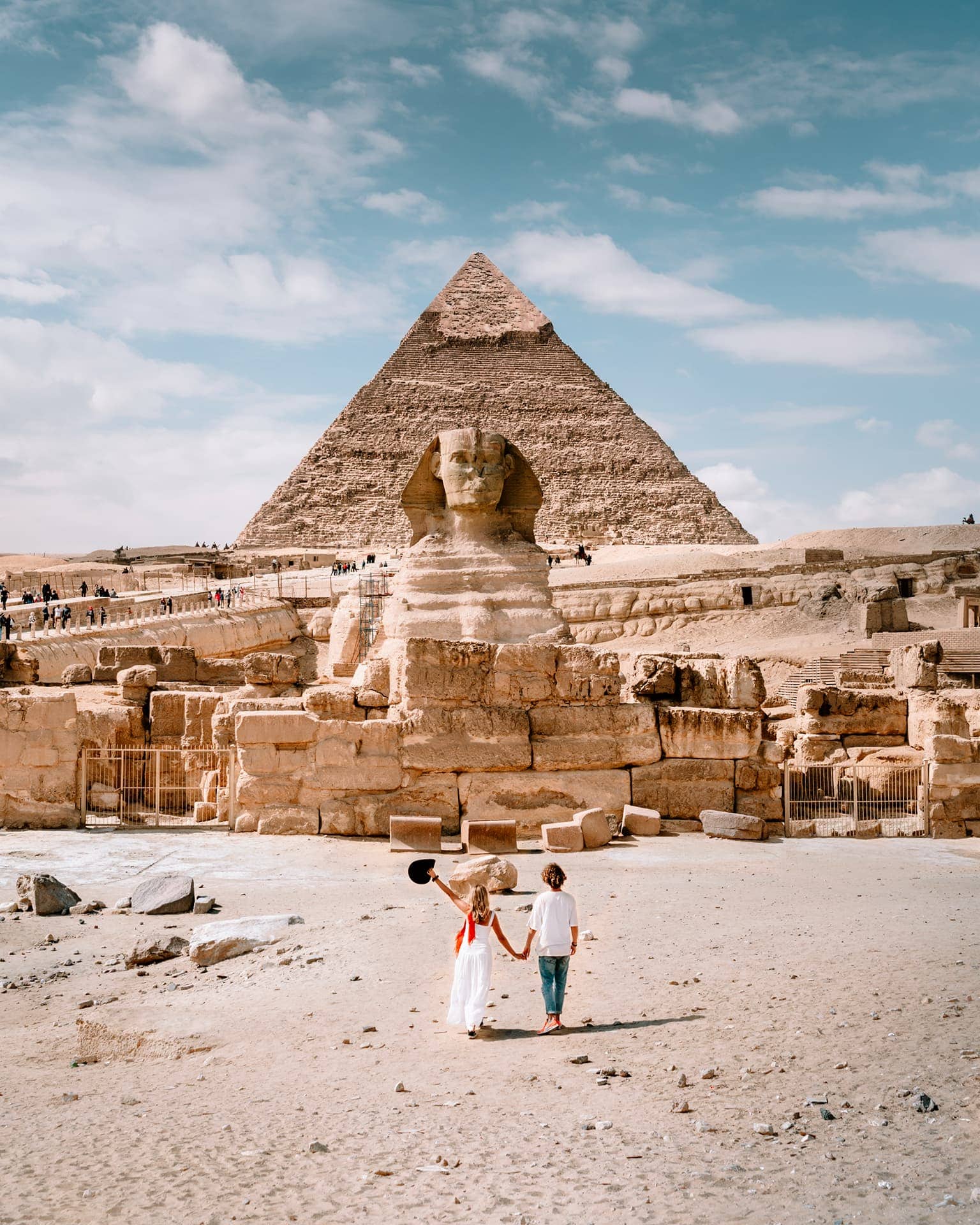Alexandria in Overview and Review
1.Brief History:

Built on the Mediterranean sea in Egypt’s north region by a Greek conqueror Alexander 331 BC was the year when the city was started. Most of the cities in the Mediterranean were great with this city in conquering it overall. Throughout the time of its establishment untill its fall of capturing the Arab forces in 642CE, it was Egypt’s capital.
It was Alexander and the people that came after him who instigated the wise diffusion of helenistic culture to other parts of the Mediterranean Basin.
This place was a melting pot of knowledge, devotion and church politics in the early days of Christian Era.
2.Place of Cultures and Intellects:
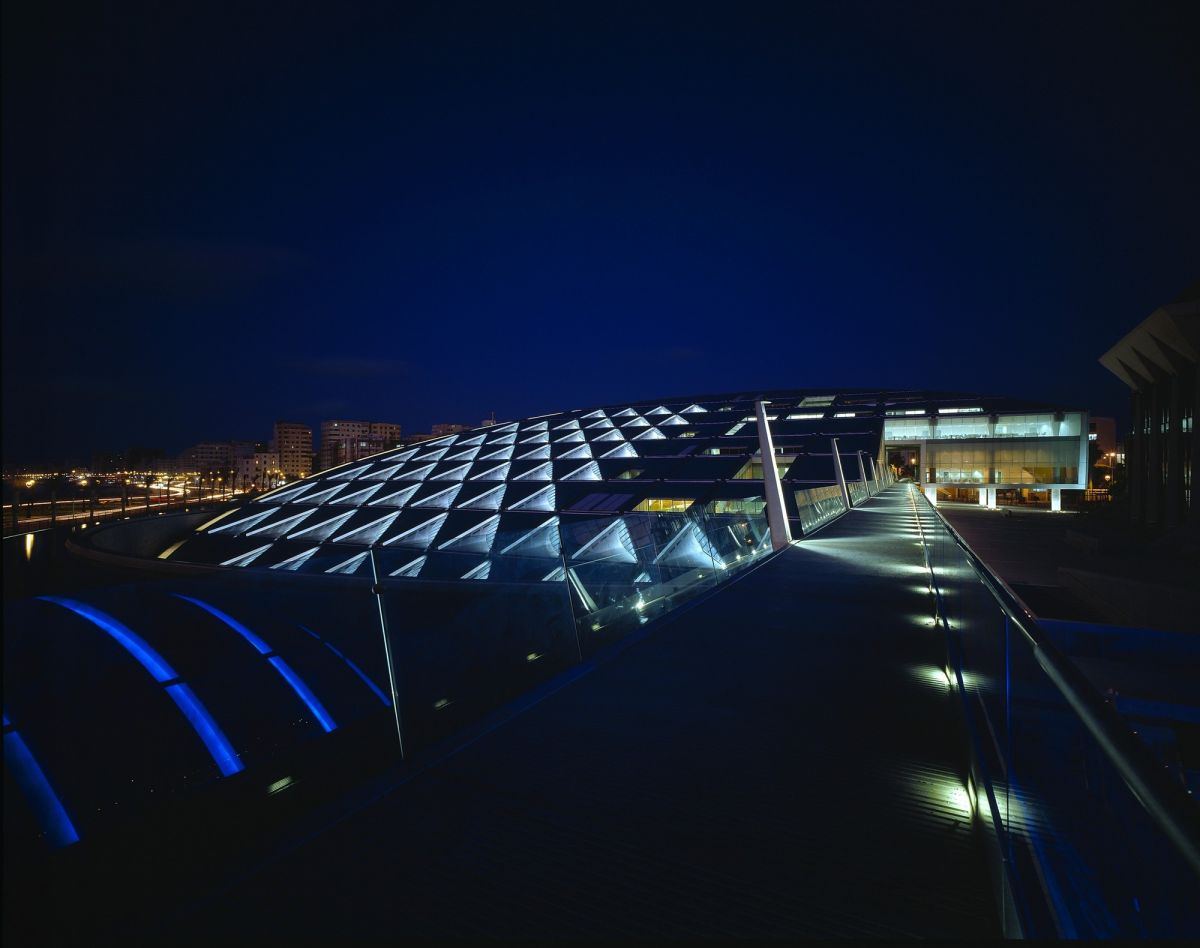
Alexandria was famous for its Library of Alexandria known to be a collection of ancient literatures the best in the world. A great number of scientists, philosophers, mathematicians, artists and historians visited this city. Such was the cultural importance of the city that it even competed with Athens in Greece.
3.Wars and Fall of Empires:
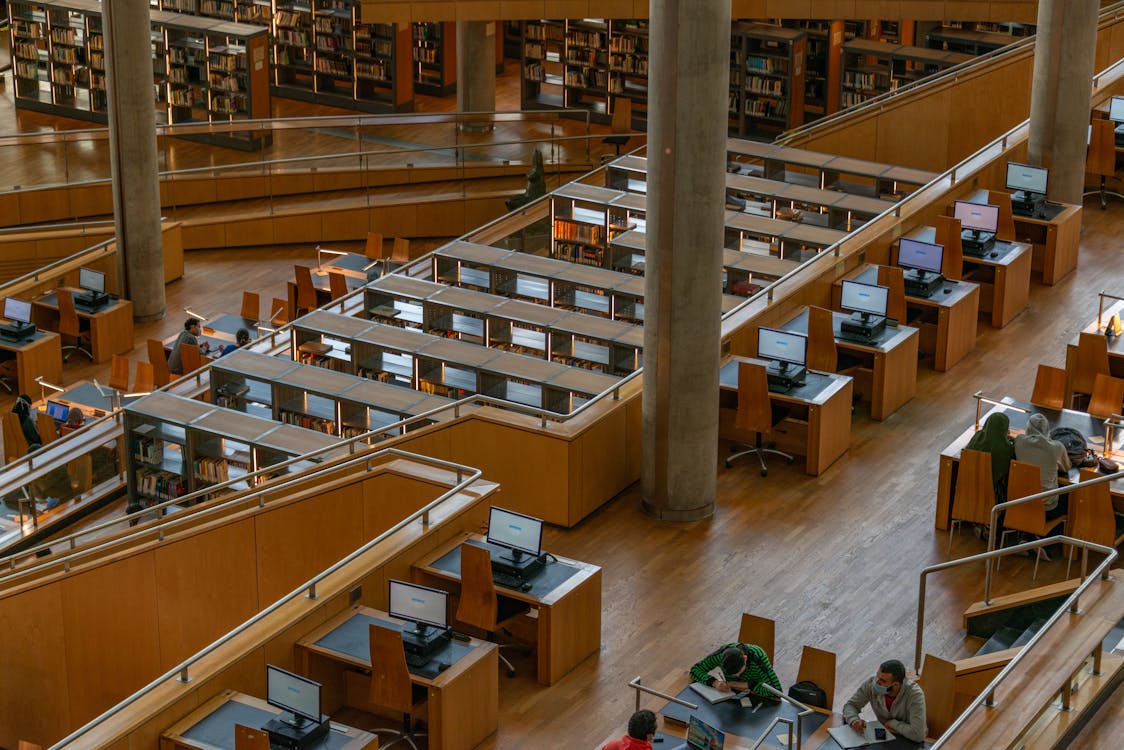
Religion wars bashed Alexandria after Christianity flourished in the 4th and 5th centuries. The killing of the Neo-Platonic philosopher Hypatia in 415 CE was a terrible turning point in the fall of the attitude towards intellectual activities. The once vital and thriving Pagan sites of the Library of Alexandria saw a downturn in business when there was less money invested into the upkeep.
The Making of the City by Alexander.
He was very much devoted to the formation of the city and gave instructions as to how the city should be laid out in the pouring of flour or/and grain in a square form. The city grew out of this simple design which went on to fascinate ancient historians such as Strabo. There stood the famous Pharos light house, one of the Seven Wonders of the World, which was located at the admission of the ancient habour and was one of a kind.
4.Today's Figure of Alexandria:

In contemporary age, Alexandria is as busy as any other urban centre with great historical values integrating to modernity with its ways. The city besides Cairo is considered the second largest in Egypt and a crucial industrial and oceanic transportation hub. Most of its area encompasses the Mediterranean Sea thereby making it still a cosmopolitan epicenter of culture and civilization12345.
 English
English


